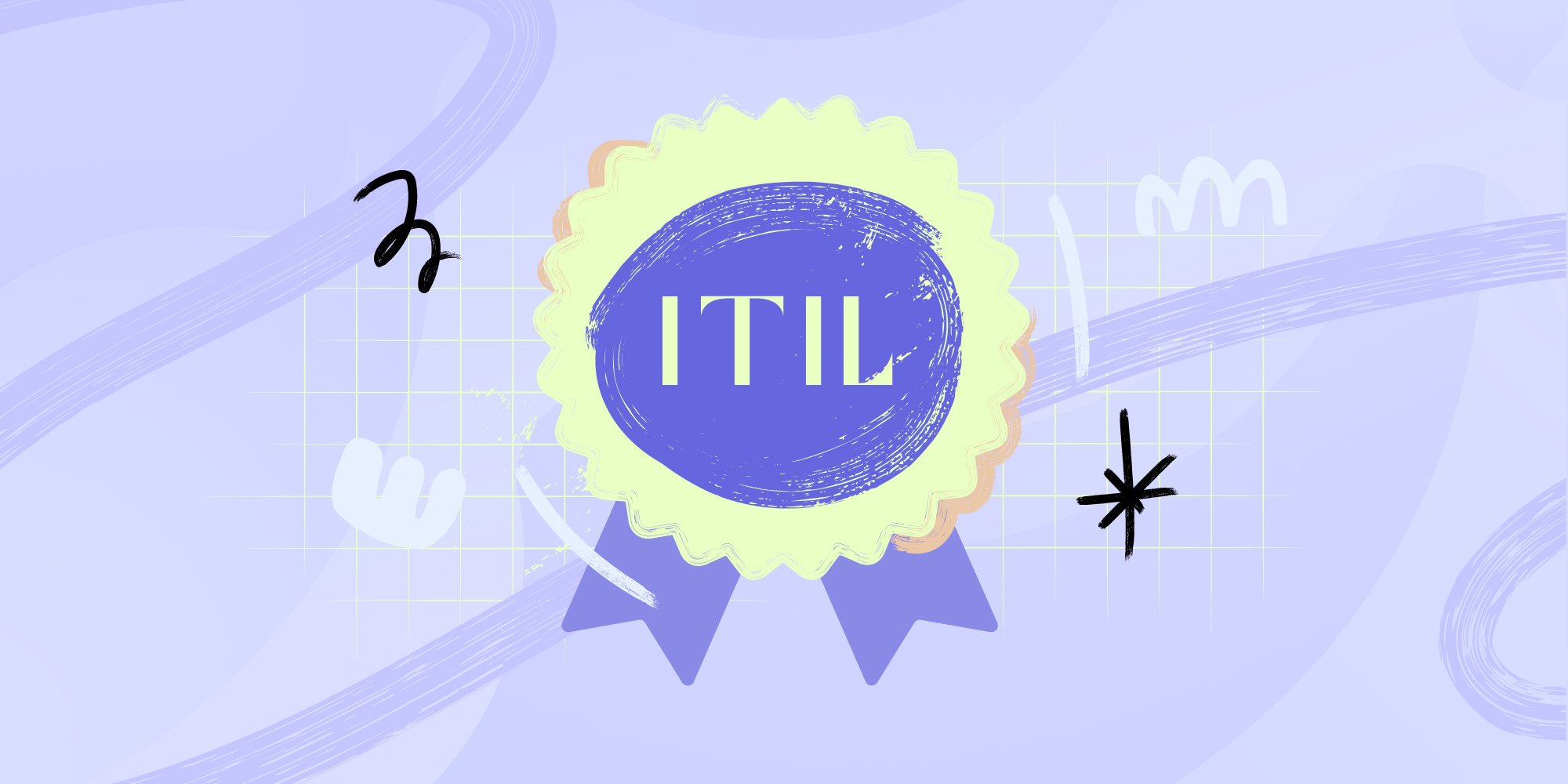With today’s rapidly evolving digital landscape, professionals in Information Technology (IT) industries are continuously seeking ways to secure their careers for future success. One such way has been by earning an ITIL certification (Information Technology Infrastructure Library). In this article, we explore what exactly an ITIL credential represents and why IT professionals must attain one.
As technology rapidly evolves, IT professionals must quickly adapt to emerging trends and tools. To stay ahead, certifications that enhance both your skill set and career growth, such as ITIL certification, are important investments. One such credential is IT service management certifications like ITIL.
Table of Contents
ITIL Certification
ITIL stands for “IT Infrastructure Library” and serves as a set of best practices for IT service management that help organizations align IT services with business requirements. It provides an orderly method of overseeing IT services while simultaneously increasing efficiency and providing value to customers.
IT Service Management’s Development
IT service management has come a long way since its early days of ad-hoc processes. Organizations have advanced from reactive problem-solving to proactive service management, with ITIL practices being widely adopted.
Benefits of ITIL Certification
ITIL certification opens doors to numerous career prospects. Employers value professionals with ITIL expertise who can streamline services for them; thus making ITIL-certified individuals highly sought-after.
Effective Service Delivery
Implementation of ITIL practices creates more effective service delivery. It emphasizes customer satisfaction, reduced downtime, and meeting business requirements more efficiently.
Cost Reduction
While optimizing IT processes, organizations can significantly cut their associated expenses with downtime, resource allocation, and ineffective workflows.
Customer Satisfaction
A key to any successful organization’s success lies with satisfied customers. ITIL ensures that IT services match customer requirements for improved satisfaction.
Levels of ITIL Certification
ITIL certification comes in various levels to fit the professional’s career goals.
Foundation Certification
This entry-level certification introduces key concepts of ITIL and their advantages.
Practitioner Level
Professionals at this level learn to adapt and adopt ITIL principles within their specific workplace environments.
Intermediate Level
This certification primarily covers specific ITIL areas like service strategy, design, transition, operation, and continuous service improvement.
Expert Level
An expert-level certification signifies an in-depth knowledge and ability of ITIL, along with its implementation.
Master Level
A master-level certification denotes a profound mastery of ITIL, encompassing both comprehensive knowledge and adeptness in its practical application.
How to Acquire ITIL Certification
Individuals seeking ITIL certification can enroll in accredited training courses before taking and passing the certification exams.
Training and Courses
Many institutions and online platforms offer ITIL training courses. These programs cover its framework, practices, and exam preparation.
Certification Exams
ITIL certification exams provide an assessment of your knowledge of ITIL concepts, and successful completion can lead to certification at one or more levels.
ITIL in Practice
Real-world case studies illustrate how organizations have gained from adopting ITIL practices.
ITIL VS Other IT Certifications
Comparing ITIL certification with other IT certifications can assist IT professionals in making more informed career choices.
ITIL in the Modern Workplace
ITIL’s adaptability enables it to remain relevant across different workplace scenarios, including remote work and agile environments.
Exploring Common Challenges and Myths
Understanding common obstacles associated with ITIL certification can assist individuals in successfully navigating its certification process. As technology progresses, ITIL should continue to adapt and serve as the cornerstone of IT service management.
ITIL in the Digital Era
Technology has become the driving force of nearly all business operations today; therefore, effective IT service management has never been more essential. ITIL certification equips professionals with a standardized yet adaptable framework that can be utilized across a variety of technological landscapes.
ITIL in Your Organization
As organizations increasingly adopt cloud computing, DevOps practices, and automation for IT service delivery, ITIL remains an invaluable way of aligning IT services with business objectives. It serves as a bridge between traditional IT methodologies and today’s fast-changing demands of digital-era IT environments.
ITIL and Remote Work
With more and more workers opting to work remotely, the need for standardized approaches to IT service management becomes ever more evident. ITIL best practices help ensure IT services are delivered consistently and efficiently regardless of team member location or time zone.
ITIL in Agile Environments
Agile methods have become the de facto standard in software development and project management, making ITIL an indispensable asset in organizations adopting Agile workflows by easily adapting to Agile practices and supporting collaboration efforts while aligning IT services to iterative projects with customer-centric results. ITIL stands as an invaluable ally in organizations adopting these Agile workflows.
Conclusion
ITIL certification is essential for ITprofessionals seeking to strengthen their careers in the future. It provides a systematic approach to IT service management that opens doors of opportunity, improves service delivery, reduces costs, and results in greater customer satisfaction.
FAQs
What is ITIL (Information Technology Infrastructure Library)?
It’s a set of the best practices in IT services management.
How will an ITIL certification benefit my career?
ITIL certification opens up many career prospects by showcasing your abilities to streamline IT services.
Can I take part in ITIL training online?
Yes, many institutions provide ITIL certification courses online for remote learning purposes.
Is ITIL still relevant in a cloud-centric world?
ITIL principles can be utilized for effectively managing IT services in cloud environments.
What industries regard ITILK as the highest?
ITIL certification is widely respected within industries that heavily rely on IT services, including finance, healthcare and telecommunications.
